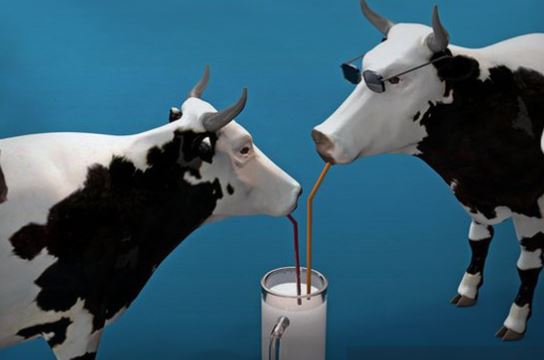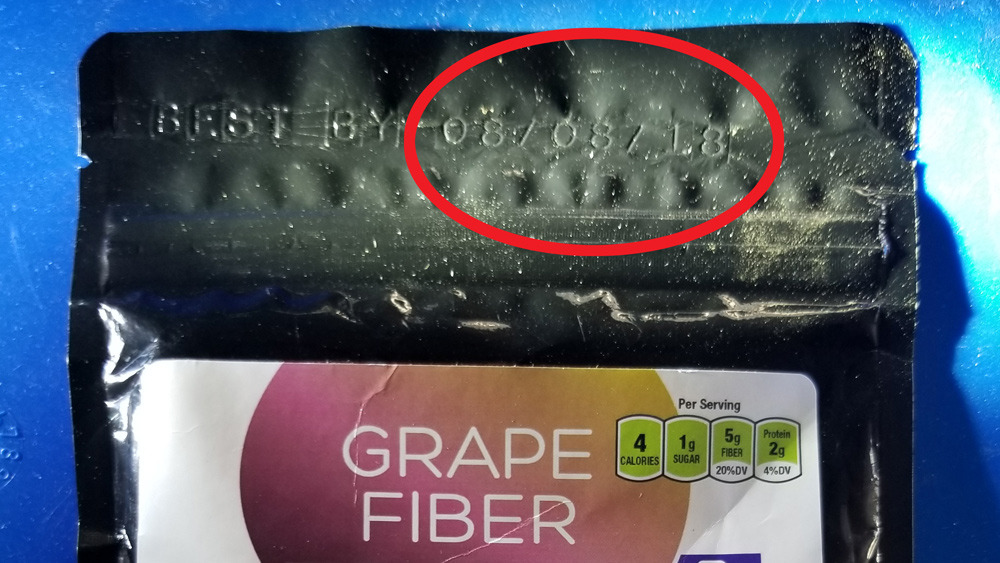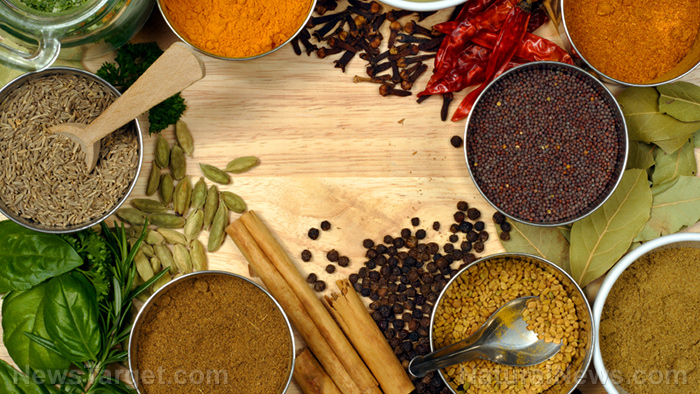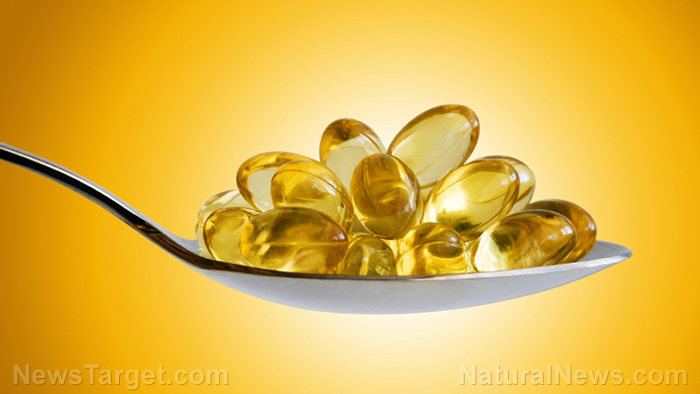One of America’s largest milk producers just filed for bankruptcy as consumers switch to non-dairy beverages
01/12/2020 / By Ethan Huff

Americans have a message for the commercial dairy industry and it’s not what these processed milk lords want to hear: Give us raw or plant-based, or we’re not buying it.
This growing trend away from pasteurized, homogenized milk recently sent Dean Foods, the largest milk processor in America, into bankruptcy. And not long after that, Borden Dairy, another major milk processor, also filed for Chapter 11.
Since processed milk contains none of the enzymes needed to digest it – including lactase, which is necessary to digest lactose – people simply aren’t buying it anymore because they’re tired of feeling ill all the time. Instead, they’re opting for fresh raw milk, assuming it’s “legal” in their state, or nut-based milk alternatives, which is killing off the commercial dairy industry.
While it might seem like a negative thing for our economy, this commercial dairy die-off is actually a good thing because it could pave the way for dairy products as they were meant to be consumed – fresh, raw, and full of enzymes and beneficial probiotic bacteria – to finally become legal again.
Much like how cannabis (marijuana) was outlawed in the 1930s, raw milk was similarly outlawed across large swaths of the United States at the turn of the 20th century. Because some people were getting sick from dirty raw milk, the government decided to just ban all of it, making it extremely difficult for people who prefer the real thing to obtain it.
Enter the commercial dairy industry, which blossomed for a good while after that before now swirling the toilet, as it should, due to widespread lactose intolerance and simple disgust for the unknown, highly processed contents of those ubiquitous jugs on grocery store shelves.
Simply put, Americans don’t want processed dairy anymore, so this behemoth industry is crumbling before our very eyes. And Borden knows this full well, admitting in its bankruptcy filing that Americans are choosing safer and more easily digestible alternatives.
How many other companies in failing industries are on the verge of filing for bankruptcy?
It’s important to note that Borden will continue with business as usual. This is simply a reorganization effort that aims to eliminate Borden’s “unsustainable” debt, according to the company.
But it is our assessment that “business as usual” will only continue for so long before eventually Borden, Dean, and these other companies are forced to close their doors entirely due to plummeting demand. If people don’t want processed milk, which they don’t, then these companies will eventually bite the dust entirely.
Since 2015, consumption of processed dairy in the U.S. has declined by about six percent. Over the past 18 months, a shocking 2,730 dairy farms have gone out of business. Meanwhile, demand for plant-based milk alternatives and clean, raw milk from local farms is skyrocketing.
“Unfortunately, the parties were unable to finalize and implement an out-of-court restructuring by the forbearance termination date, and the lenders were unwilling to extend such date further and provide necessary liquidity,” stated Jason Monaco, the chief financial officer of Borden, about why the company chose to initiate a court-supervised bankruptcy instead.
Responding to the news at Freight Waves, one commenter noted that most big shippers “are swimming in huge piles of debt as are many large brokers and carriers.” It is his opinion that there’s an impending “tsunami of bankruptcies” that “will be absolutely breathtaking to all that are watching.”
“Debt is the devil’s surprise for us all,” he further added, offering advice to others. “Just watch – and know who you are dealing with so they don’t bring you down. Question number one should always be ‘are you profitable’ quickly followed by ‘how much debt is on your balance sheet.’ Ask your customers AND your vendors before it’s too late.”
For more related news about the collapse of major industries like milk processing, be sure to check out Collapse.news.
Sources for this article include:
Tagged Under: bankruptcy, beverages, Borden, Borden Dairy, Chapter 11, Collapse, dairy, Dean Foods, economics, food supply, grocery, milk, milk producer
RECENT NEWS & ARTICLES
COPYRIGHT © 2017 FOOD SCIENCE NEWS



















